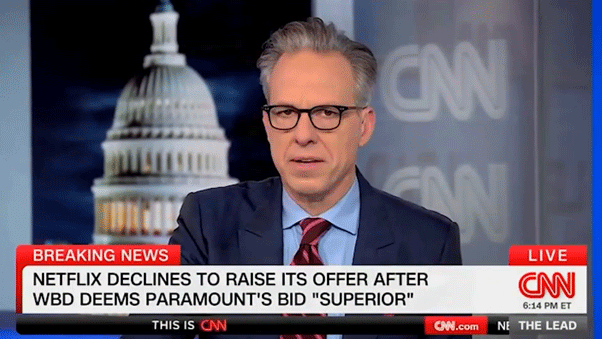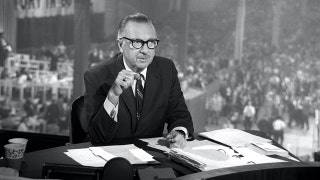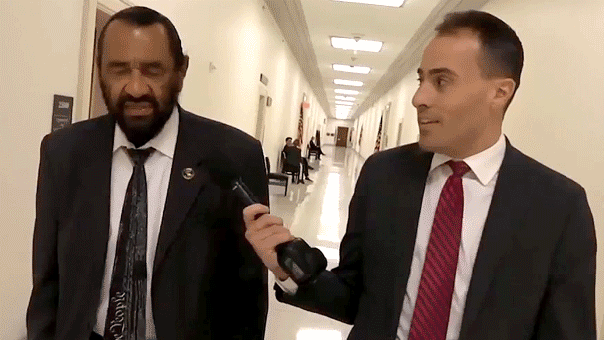Cancel culture comes for 'Gone With the Wind'
Seen and Unseen: Fox News contributor Raymond Arroyo explores the big cultural stories of the day.
A nearly-lost script from the 1939 classic, "Gone With the Wind," reveal screenwriters battled over how to portray slavery in the Civil War epic.
While the film based on Margaret Mitchell's novel has long been criticized for its portrayal of its Black characters and race relations of the era, the unearthed script revealed scenes showing the horrors of slavery were cut from the film. Behind-the-scenes drama ensued over the topic between two groups of screenwriters who had polar opposite views of the antebellum period.
Historian David Vincent Kimel shared images of lost scenes from the rare "Rainbow Script" he purchased in a bookstore auction for $15,000 dollars with Hollywood insider newsletter The Ankler.
"Had these scenes remained in the final film, they would have stood in startling juxtaposition to the pageantry on display at the premiere in Atlanta," he said.
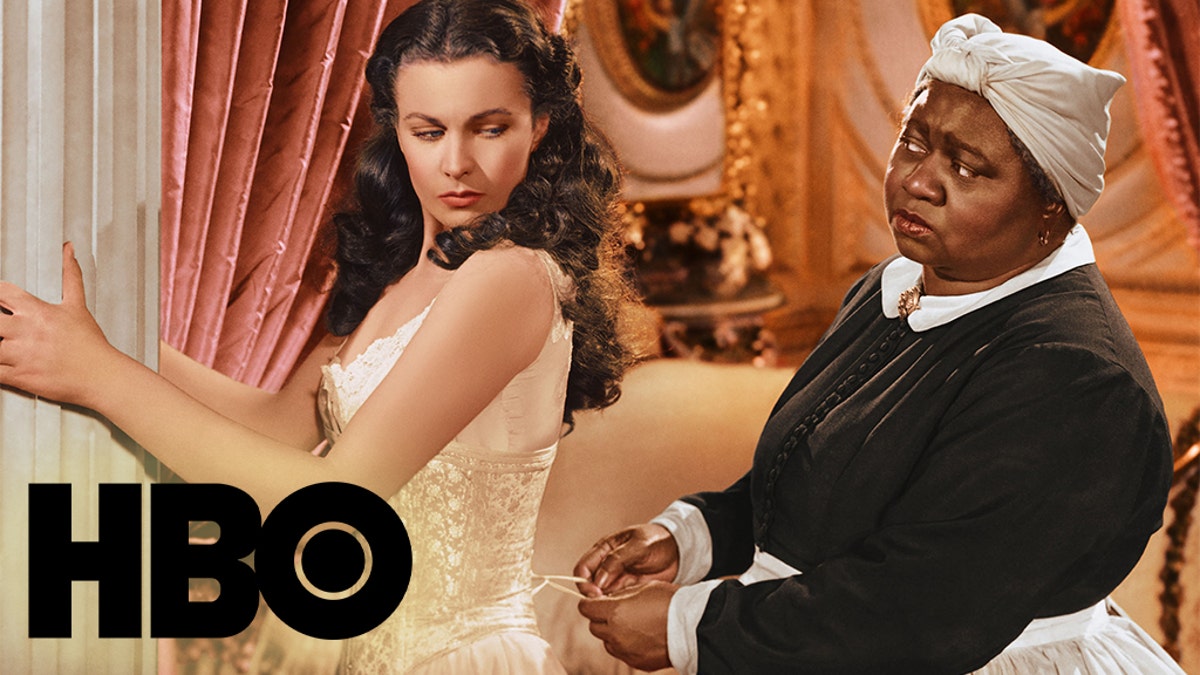
‘Gone with the Wind’ has been criticized for its portrayal of slavery. Actress Hattie McDaniel became the first Black American to win an Oscar for her performance in the film. (Photo by Silver Screen Collection/Getty Images)
Kimel described how the removed scenes gave a much harsher portrayal of how the slaves were treated.
"Remarkably, much of the excised material in my Rainbow Script was a harsh portrayal of the mistreatment of the enslaved workers on Scarlett's plantation, including references to beatings, threats to throw ‘Mammy’ out of the plantation for not working hard enough, and other depictions of physical and emotional violence," Kimel wrote.
Race relations was also portrayed differently. Scenes depicted slaves "luxuriating in the misfortunes of their enslavers, belying the Southern myth that mutual respect was the norm," the historian stated.
"If not for Selznick’s choices to err on the side of white pacification, he could have altered the course of one of the most celebrated — and disgraced — movies ever made," the Ankler added.
WHOOPI GOLDBERG PUSHES BACK AGAINST CENSORSHIP OF ‘GONE WITH THE WIND,’ ‘COPS’
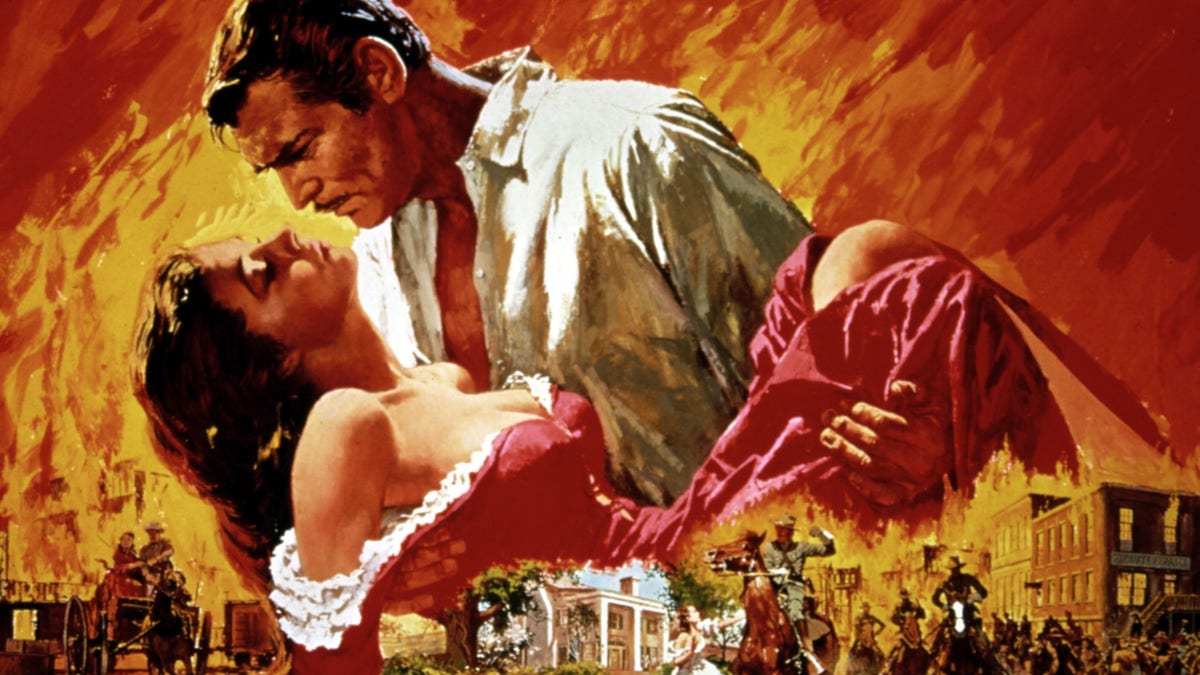
A rare script shows two groups of screenwriters on ‘Gone with the Wind’ battled over how to treat the book material and how to portray the mistreatment of slaves. (Photo by LMPC via Getty Images)
But not all the writers agreed with this portrayal. "Romantics" who preferred a more idealized version of the period fought with "Realists" who wanted to play up the scenes of mistreatment.
"[Producer David O.] Selznick’s demand of absolute fidelity to [Margaret] Mitchell led to two tonally contradictory perspectives on slavery and its legacy. Rival groups of screenwriters among the many engaged on the script emerged: "Romantics" who leaned into the mythos of Moonlight and Magnolias, and "Realists" who amped up scenes of mistreatment to highlight the brutality of Scarlett’s character and even condemn the institution of slavery itself," Kimel wrote.
"The Great Gatsby" author F. Scott Fitzgerald was one of the writers who asked Selznick to give a more romantic view of the era, in a letter where he used racial slurs.
"To suggest the romance of the old South immediately… I’d like to see a two or three minute montage of the most beautiful pre-war shots imaginable… I’d like to see… negroes singing… Then we could go into the story of disappointed love, betraying overseers, toiling n---ers and quarreling girls," the letter shared in the Ankler read.
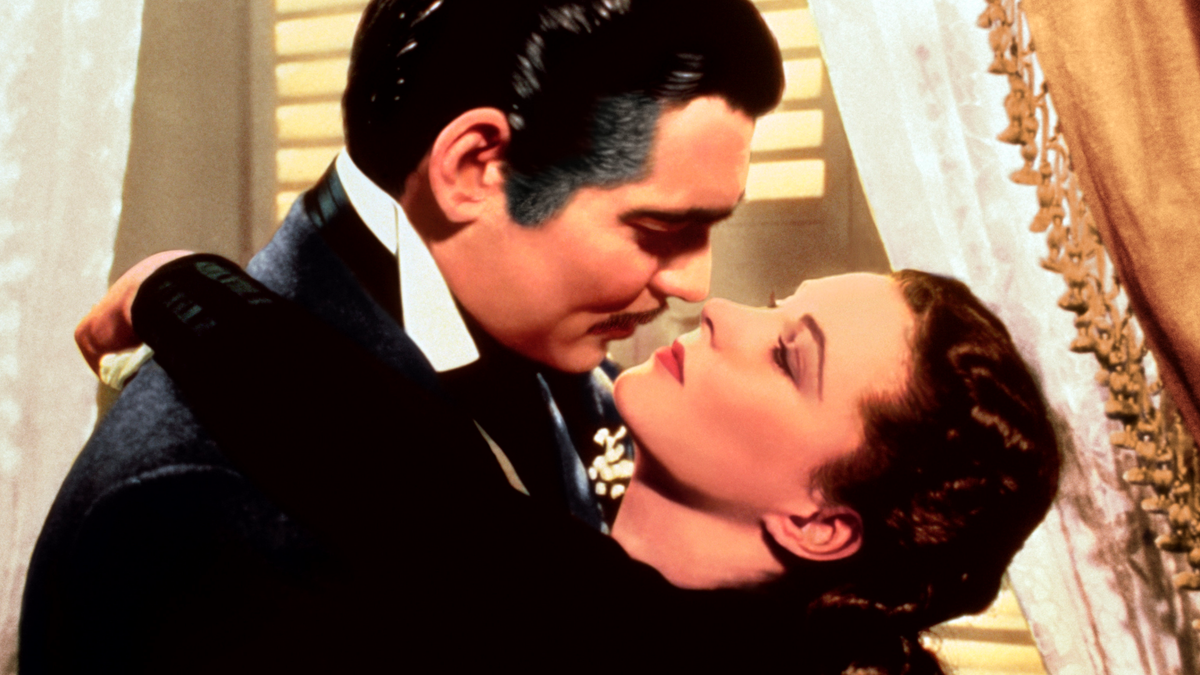
This image released by Turner Classic Movies shows Clark Gable, left, and Vivien Leigh in a scene from "Gone with the Wind." On Thursday, the TCM Classic Film Festival will open its 10th annual edition in Los Angeles with "When Harry Met Sally..." To mark its anniversary, TCM will on Sunday again air "Gone With the Wind," the film that it first transmitted on April 14, 1994. (Turner Classic Movies via AP)
CLICK HERE TO GET THE FOX NEWS APP
Kimel estimates his rare find is one of half a dozen scripts that survived, after Producer David O. Selznick allegedly ordered all shooting scripts destroyed.
Despite the controversies surrounding the Civil War flick, it remains the top grossing film of all time, adjusted for inflation, according to Box Office Mojo.





